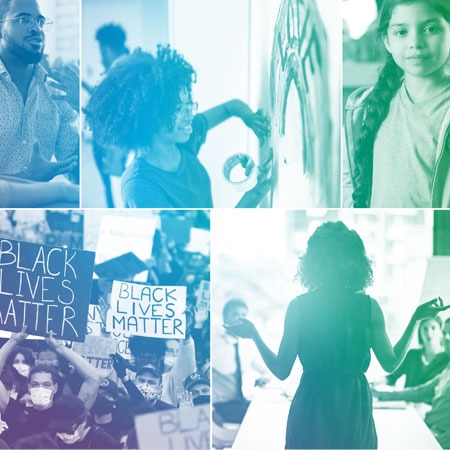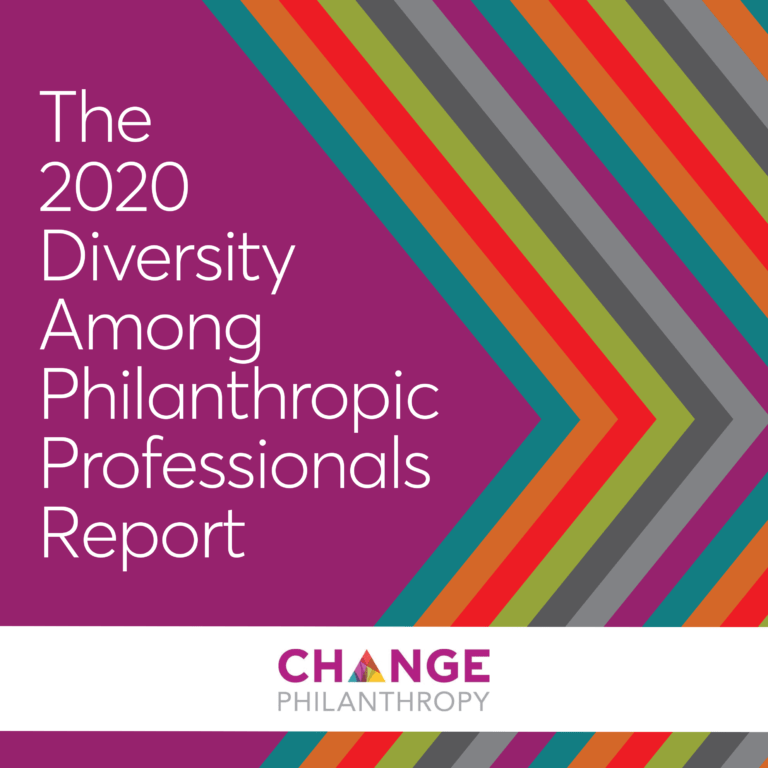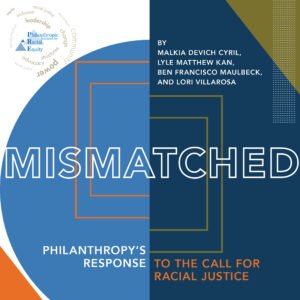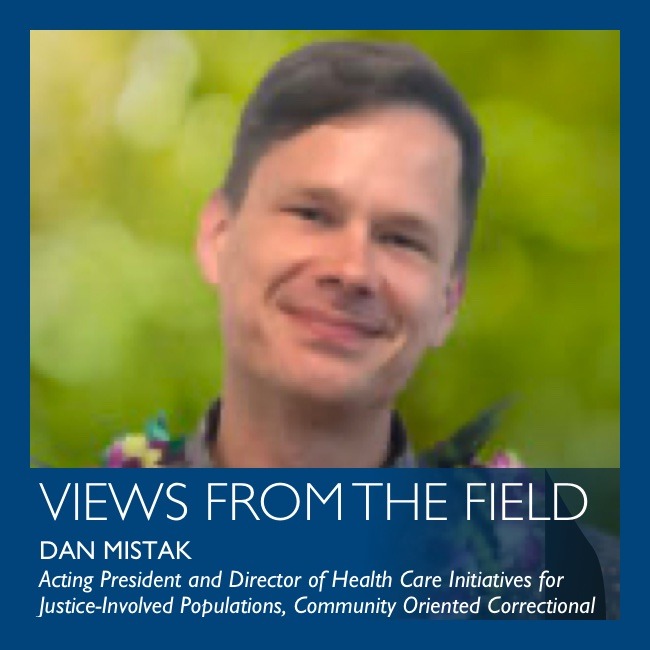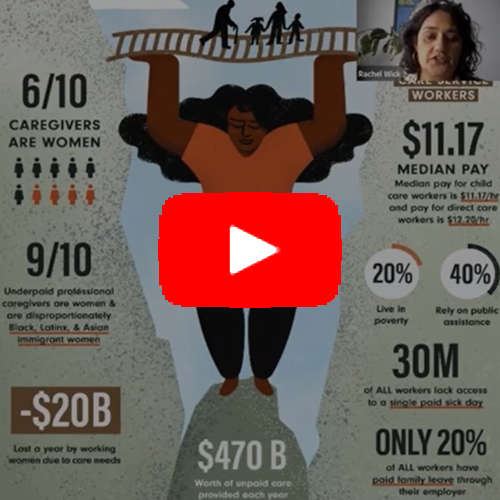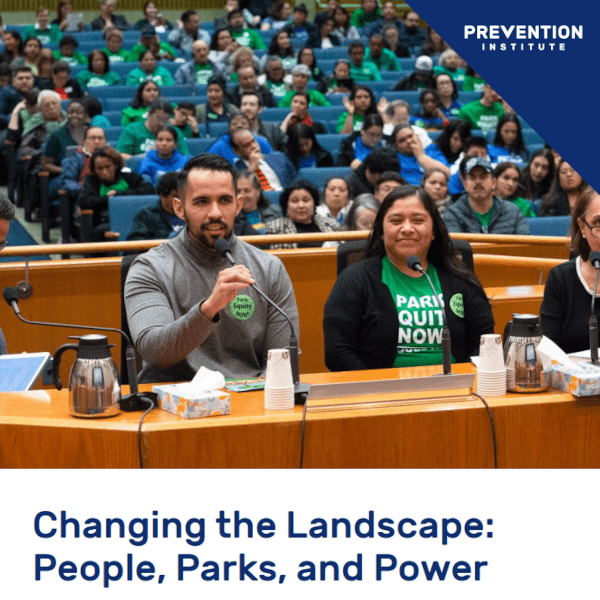Moving from Intention to Impact: Funding Racial Equity to Win
In a joint report, Moving from Intention to Impact: Funding Racial Equity to Win, PolicyLink and The Bridgespan Group examines commitment to funding for racial equity work in the US. In the last year, donors across the spectrum from foundations to corporations have made unprecedented commitments to advancing racial equity. Two key takeaways from the report to encourage funders to make real impact in racial equity is the need for transparent reporting and being responsive to the needs of movement leaders.
The 2020 DAPP Report – Change Philanthropy
Change Philanthropy has released its 2020 Diversity Among Philanthropic Professionals Report that analyzes the philanthropic workforce and identifies trends and gaps in diversity and inclusion in philanthropy. Over 2,300 individuals, including staff and board members, from 124 foundations participated through an anonymous, self-reported survey. The report covers diversity and representation across multiple areas including race/ethnicity, sexual orientation, gender, and immigration status, and highlights differences by geographical regions in the US.
Mismatched: Philanthropy’s Response to the Call for Racial Justice
The Philanthropic Initiative for Racial Equity (PRE) latest report, Mismatched: Philanthropy’s Response to the Call for Racial Justice, is an in-depth and comprehensive analysis of racial equity and racial justice funding. The analysis found that while overall funding and the number of funders supporting racial equity and racial justice work increased over the past decade, it is still a small proportion compared to overall funding priorities.
The Unseen Provider: COVID-19 Reveals the Hidden Link between Correctional and Community Care
COVID-19 has had disproportionate impact on justice-involved people because health and justice systems maintain discrete siloes due to longstanding policies. These policies create structural barriers to an integrated response to people living at the intersection of these two systems. Focusing resources in this overlooked area provides an excellent opportunity for a return on investment for grantmakers seeking to make impactful change.
Advancing Social Connections for All
This discussion covered how philanthropic leaders can support the redesign of community-level systems to advance meaningful social connections.
Engaging Faith Communities to Improve the Health and Well-being of Communities of Color
This webinar discussed how the Coalition to Transform Advanced Care (C-TAC), by partnering with AARP and others, has worked with faith leaders and community-based organizations in Louisville, Kentucky to build trust in the health care system and improve health outcomes.
Strong, Healthy Communities: Reaching Beyond Health Care
This session, the third in the series Designing a Roadmap for a Post COVID-19 Recovery Centered on Health Equity, was designed to stimulate new thinking and identify strategic actions that can be taken to advance health equity and racial equity as the nation rebuilds after COVID-19.
Health Across the Life Course: Mobilizing New Opportunities
This session, the second in the series Designing a Roadmap for a Post COVID-19 Recovery Centered on Health Equity, was designed to stimulate new thinking and identify strategic actions that can be taken to advance health equity and racial equity as the nation rebuilds after COVID-19.
Caring About Care Workers: Essential to the Future of Health
Join us for an on-demand conversation featuring community-based leaders and funders about why investing in care workers is vital to the future of health and our economy. This panel also explores the policy opportunities that can drive change in the nation’ s pandemic recovery and innovative local practices that can lead to greater health, racial, and gender equity.
Changing the Landscape: People, Parks, and Power
Prevention Institute recently published this report which proposes an approach to addressing park and green space inequities that prioritizes building power among people closest to the problem so that they can drive policy and systems change solutions.
Newsletter Sign Up
Want to sign up for the GIH Bulletin? Click here to get on the list.
Contribute to the GIH Bulletin and Blog
If you are interested in contributing your story or expertise to the GIH community please review our Editorial Submission Guidelines.

